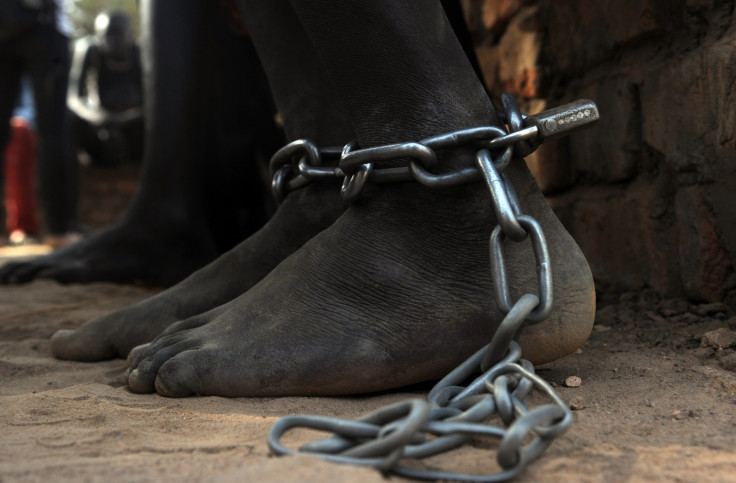South Sudan prisoners housed in shipping containers and given food only once a week
South Sudan is using old shipping containers as prisons, according to Amnesty International. The large metal boxes are reportedly being used to house detainees despite the fact that they are poorly ventilated and can often heat up to 40C (104F).
Dozens of people have been locked up in the containers at a detention site in Gorom, in South Sudan, 20km south away from the capital of Juba and are at risk of death, warned Amnesty.
"Detainees are suffering in appalling conditions and their overall treatment is nothing short of torture," said Muthoni Wanyeki, Amnesty International's Regional Director for East Africa, the Horn and the Great Lakes.
According to the rights watchdog, the detainees are fed only once or twice a week and not given enough drinking water. They are regularly dragged out of their prisons to be beaten up by guards.
These types of ad-hoc prisons are not new in South Sudan. In October 2015, more than 50 people died from asphyxiation after government forces locked them in a shipping container in the town of Leer.

"Most of the people being held are civilians accused of links to the former rebel Sudan People's Liberation Movement/Army-in Opposition (SPLM/A-IO), which is now part of the government of national unity. They have not been charged with any offence, have no access to family members, lawyers, or courts," the report says.
Amnesty also procured a satellite image of the Gorom detention site where four containers are surrounded by two fences. They were able to get evidence which confirms that the containers are being used to keep prisoners.
"All detainees should be released or charged and brought before independent courts. Civilian detainees should only be held in civilian detention facilities and tried by civilian courts," Wanyeki said, adding that it was the responsibility of President Salva Kiir to end the human rights violation.
"President Kiir should order an independent investigation into this site and into military intelligence detention practices generally, with a view to reforming the practices and ensuring that those responsible for torture, death or enforced disappearances are held accountable," he said.
Director of Military Intelligence, Major-General Marial Nour, was also asked to shed light on the inhumane treatment of prisoners but has not responded yet.
© Copyright IBTimes 2024. All rights reserved.









